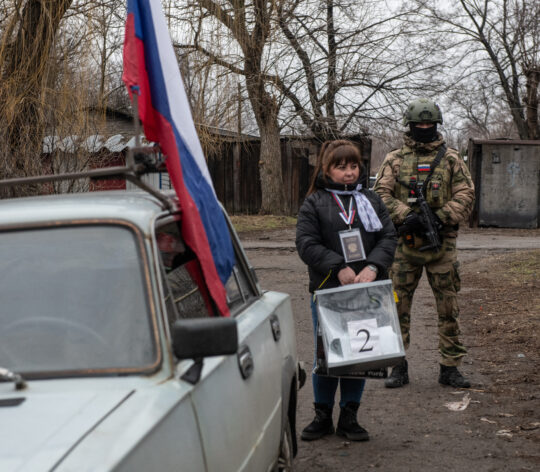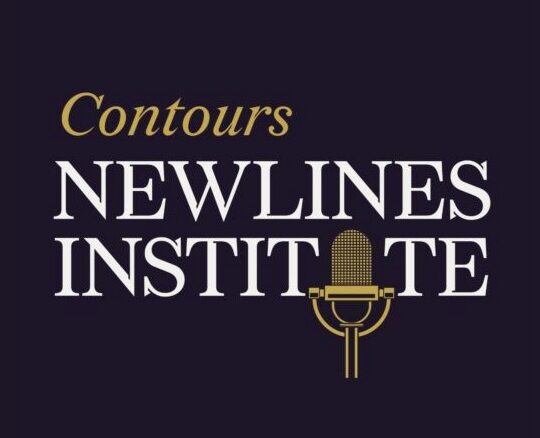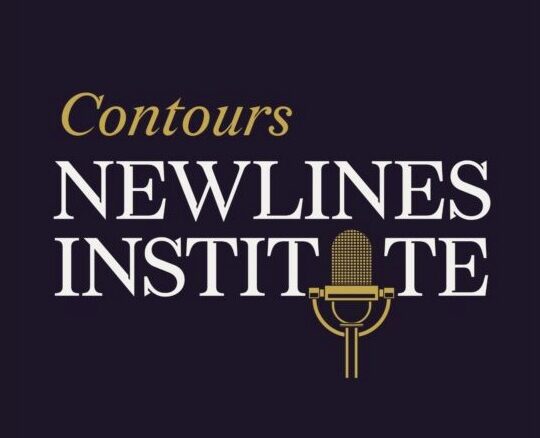Russia, Ukraine, and Eurasia: the Future of Democracy
In this Contours episode, host Eugene Chausovsky sits down with Mike Smeltzer, the Senior Research Analyst for Nations in Transit, Freedom House’s annual survey of democratic governance from Central Europe to Eurasia. Together, they discuss the struggles of Ukraine's democratization, the increasing authoritarianism in Russia, and the importance of protecting Ukraine and its democracy against Russia.





